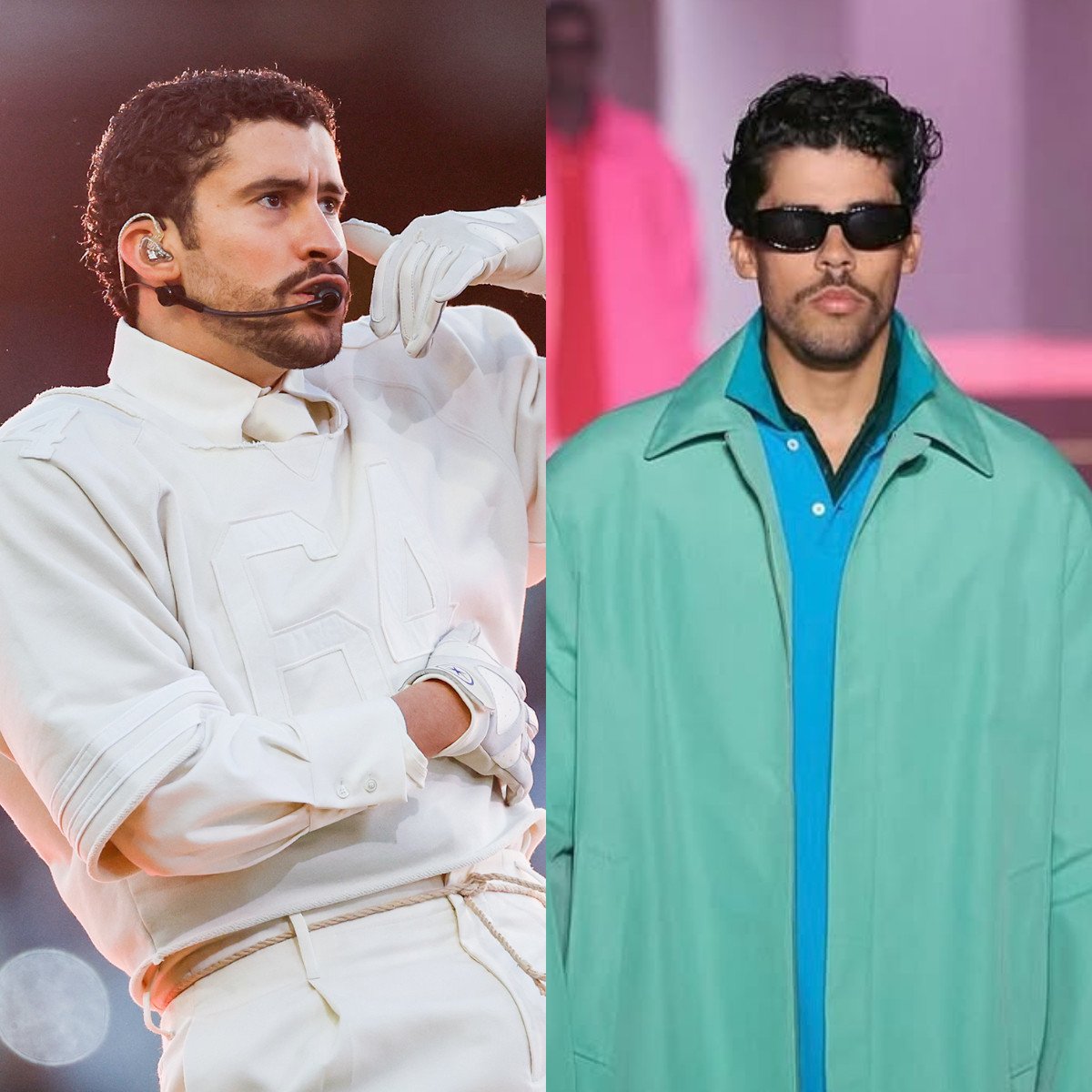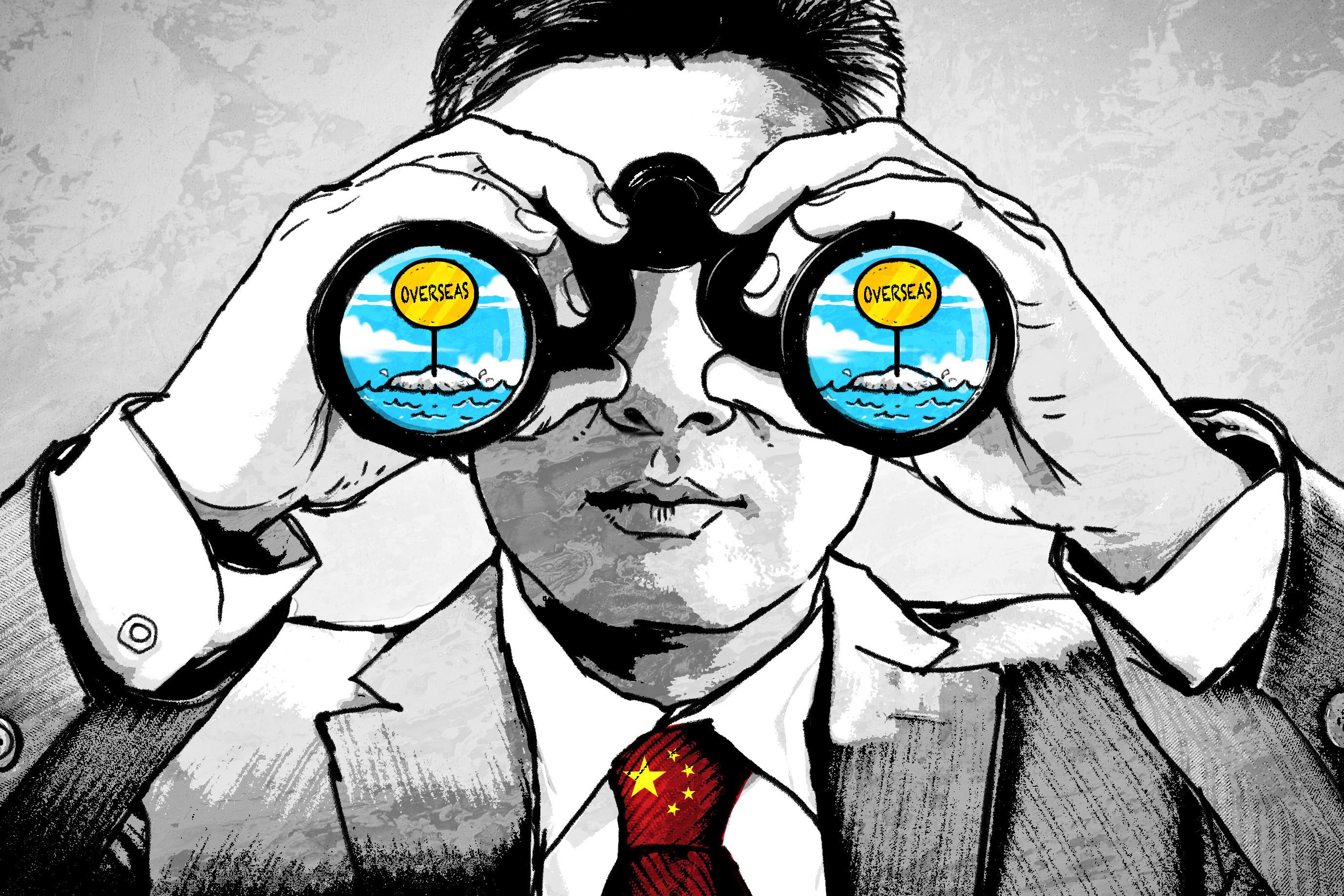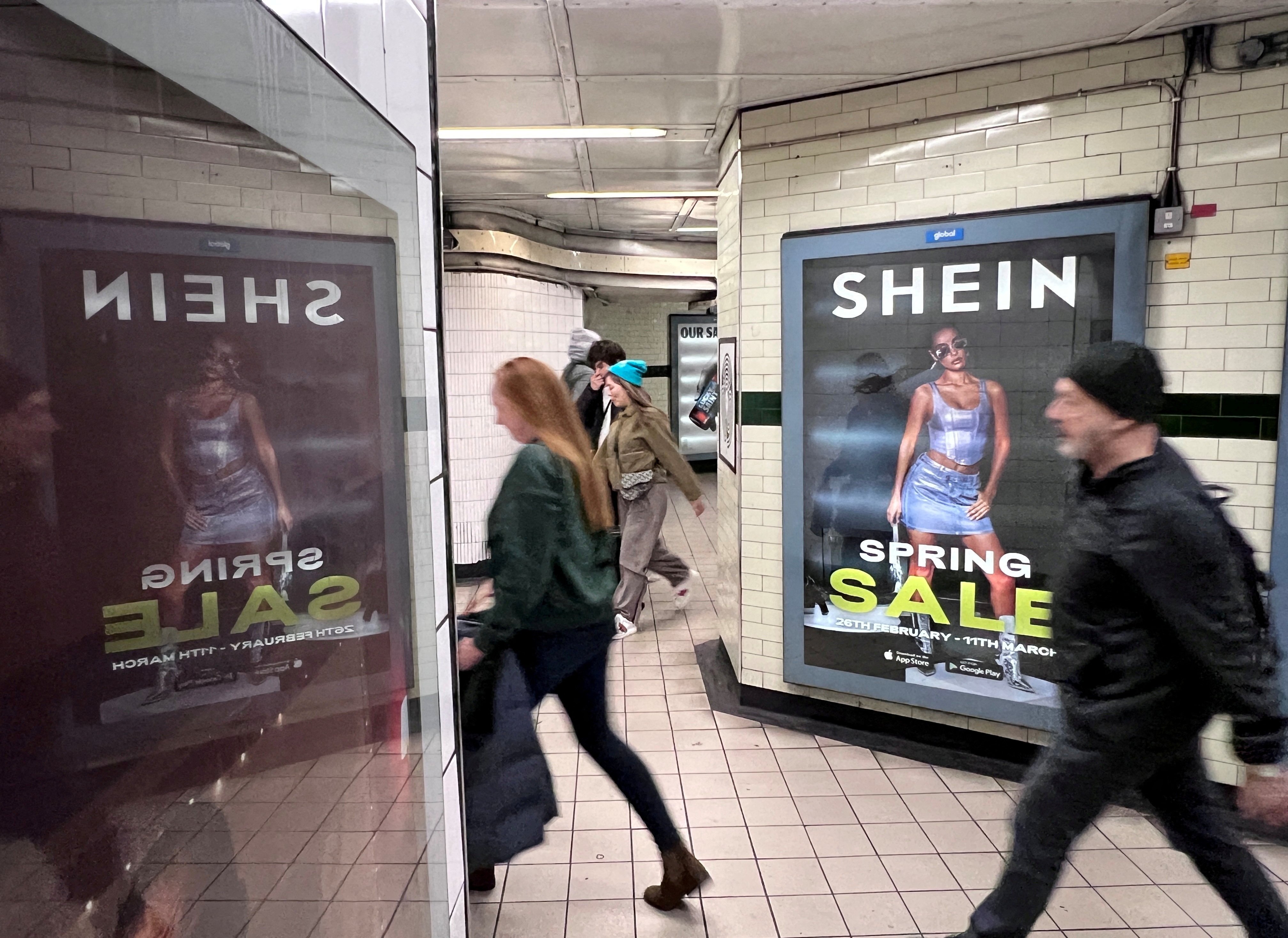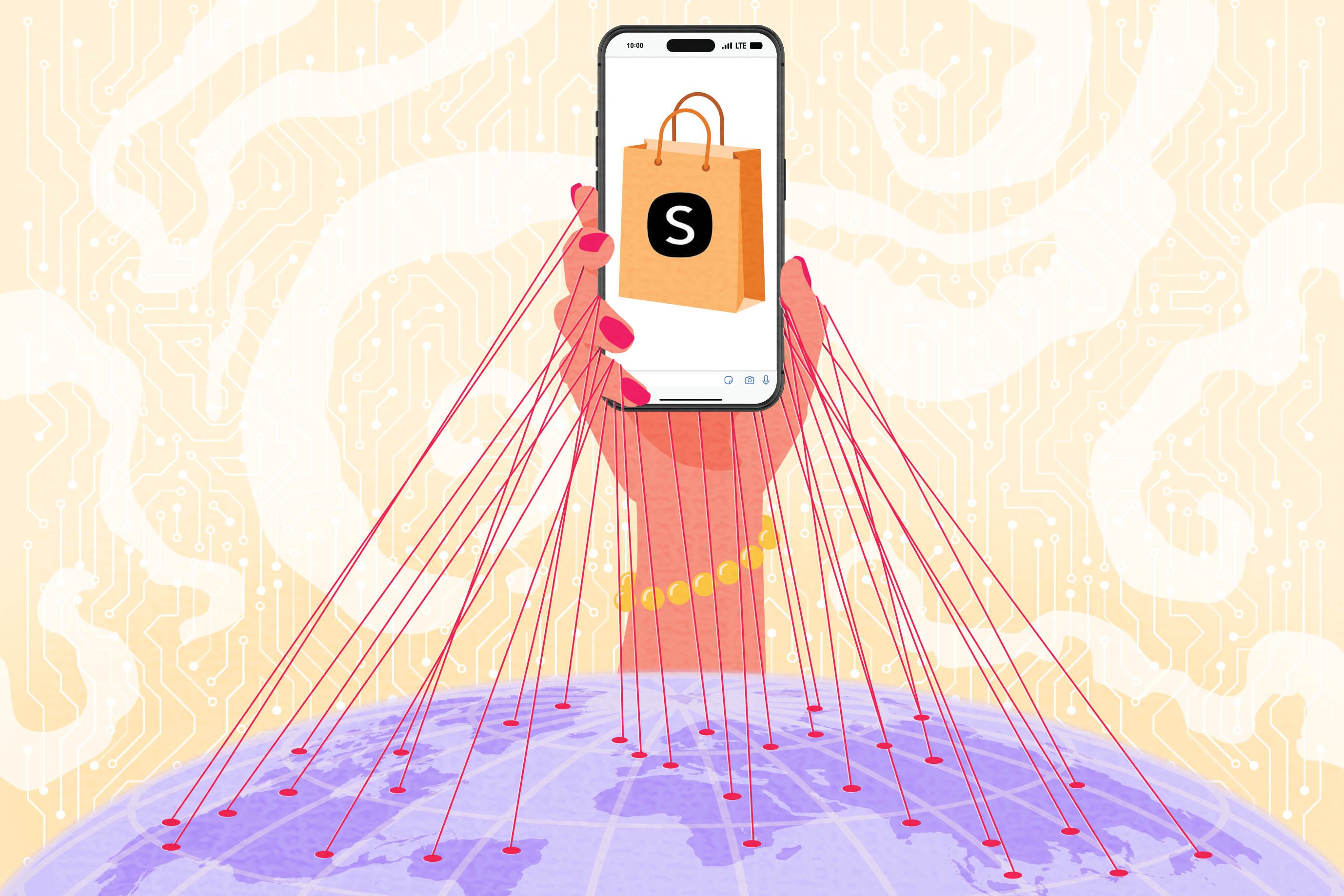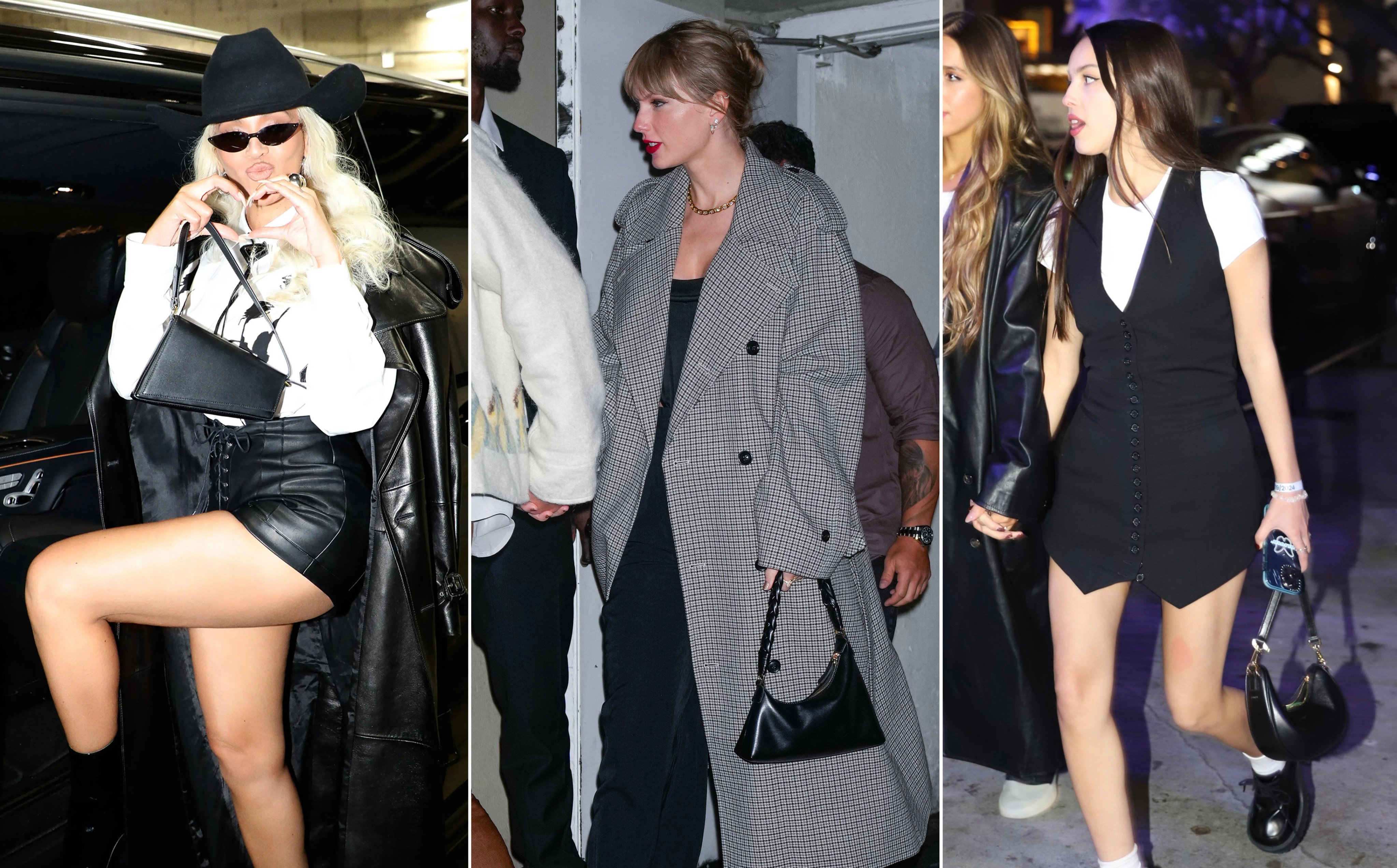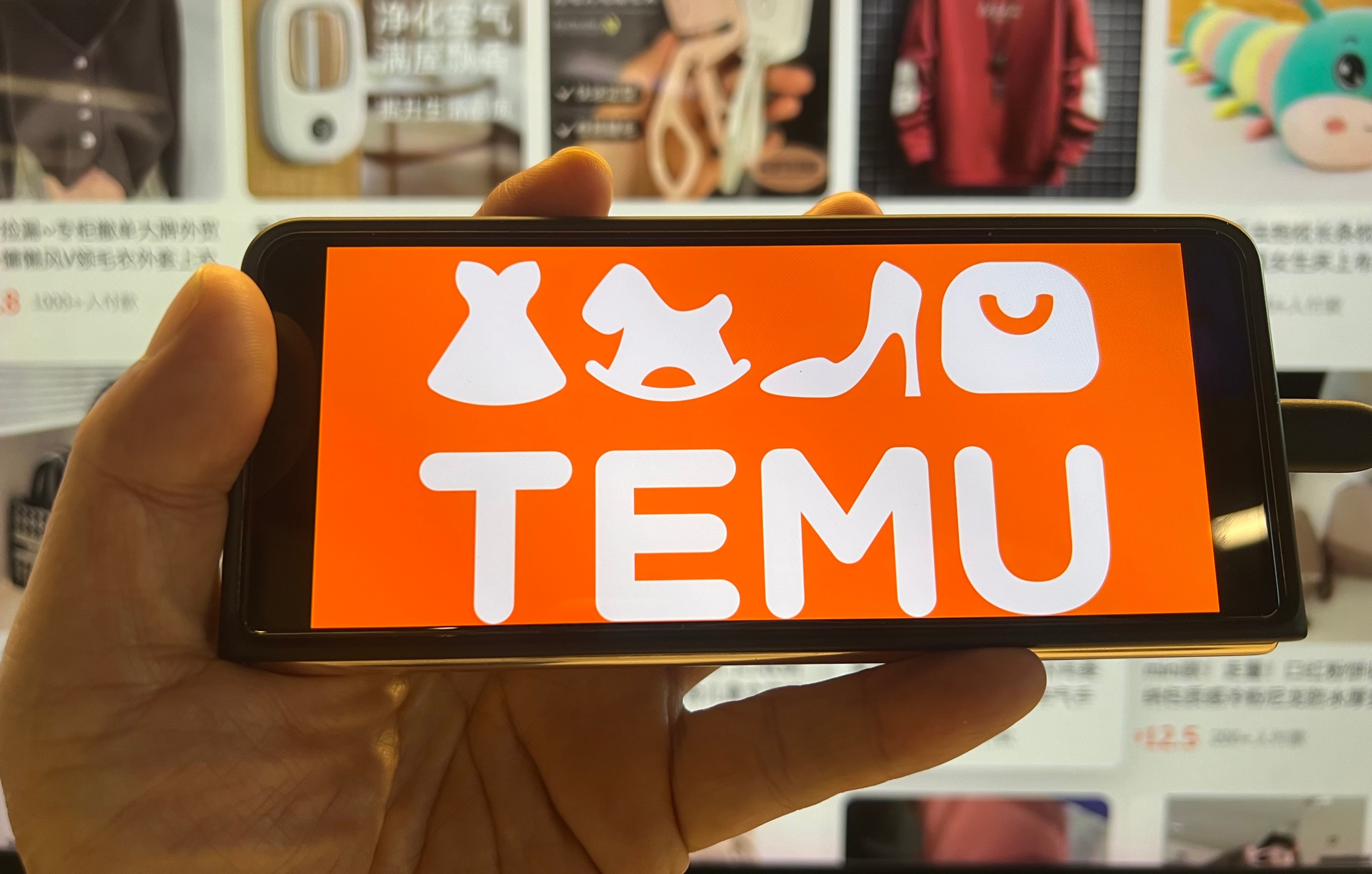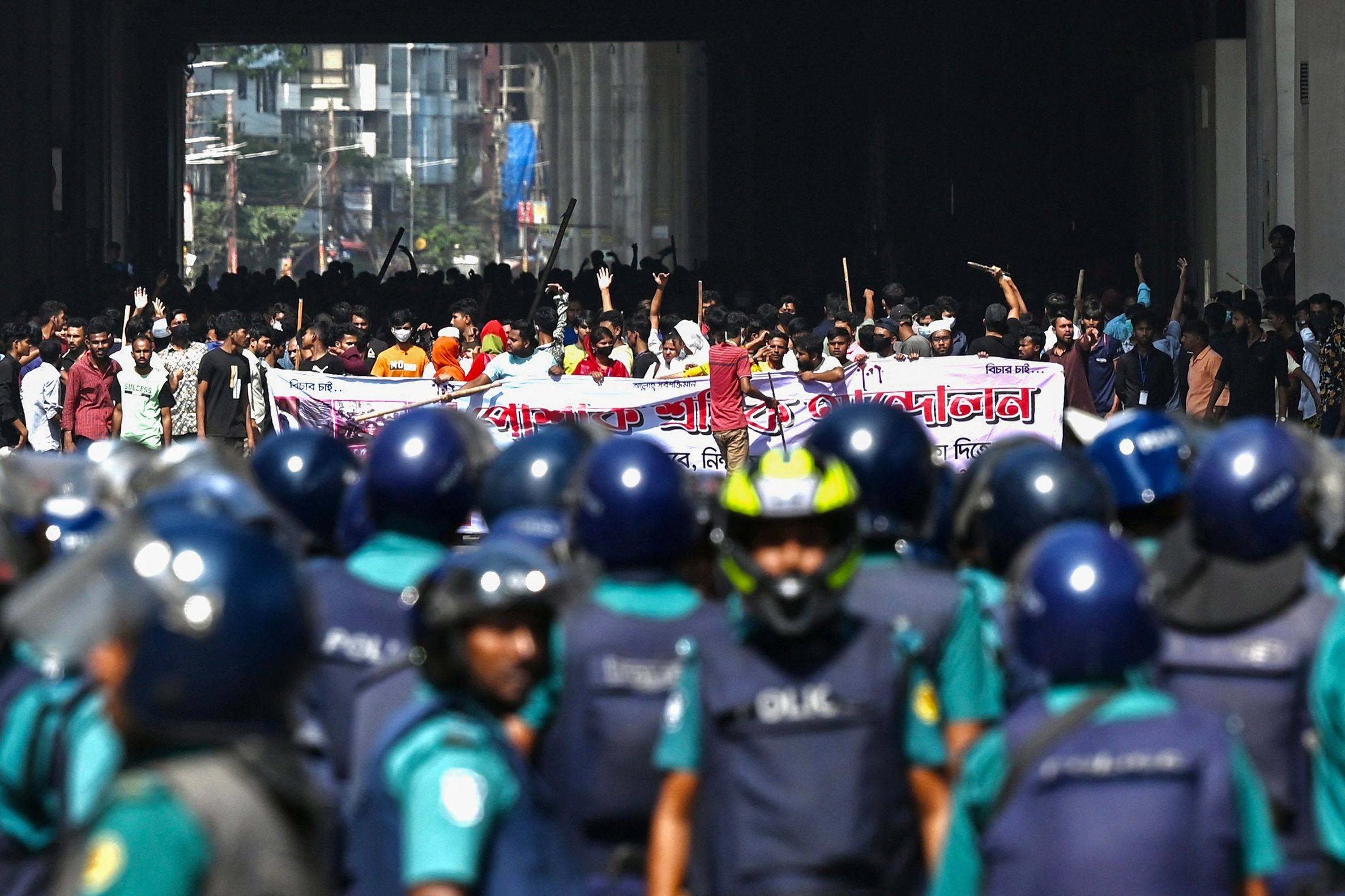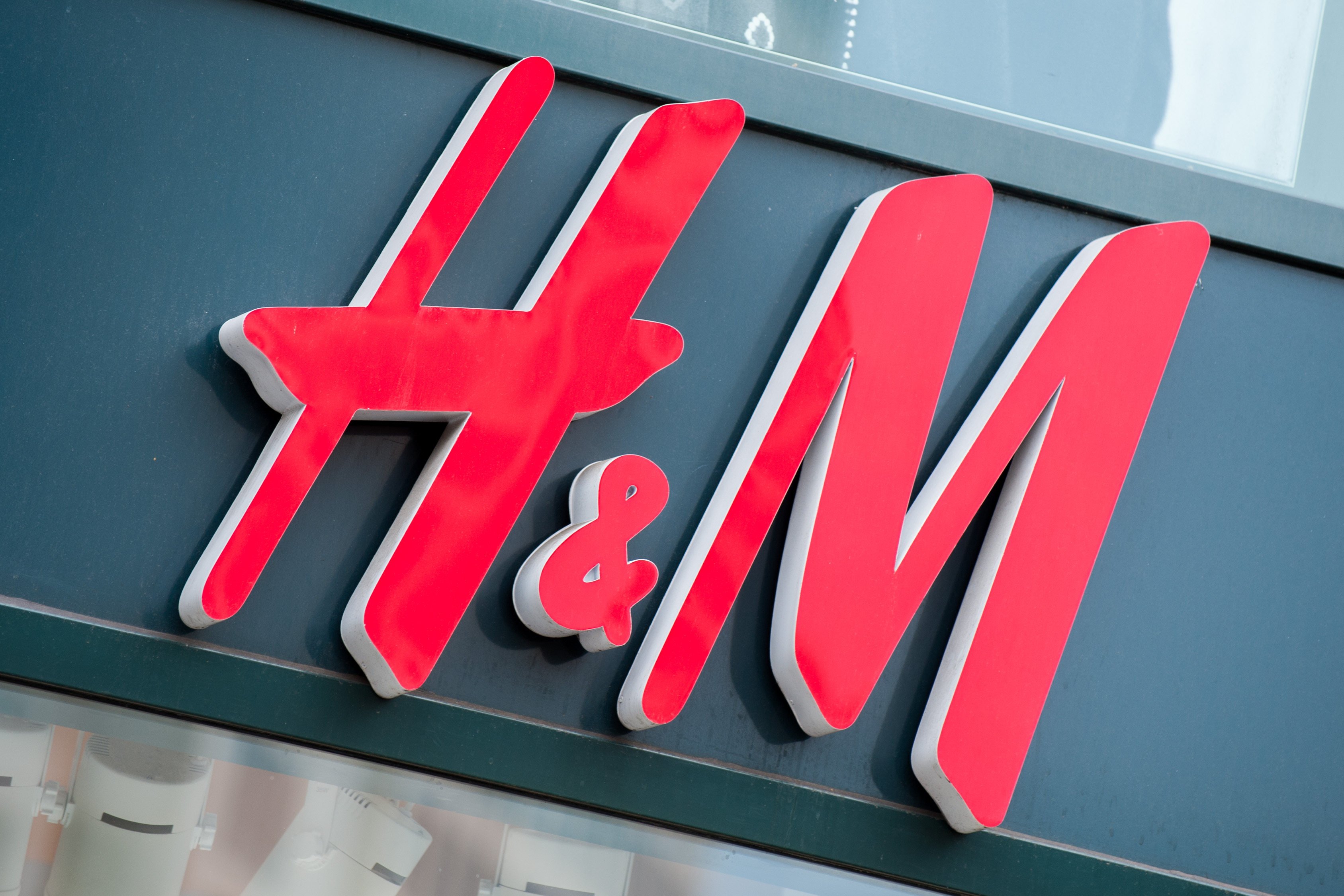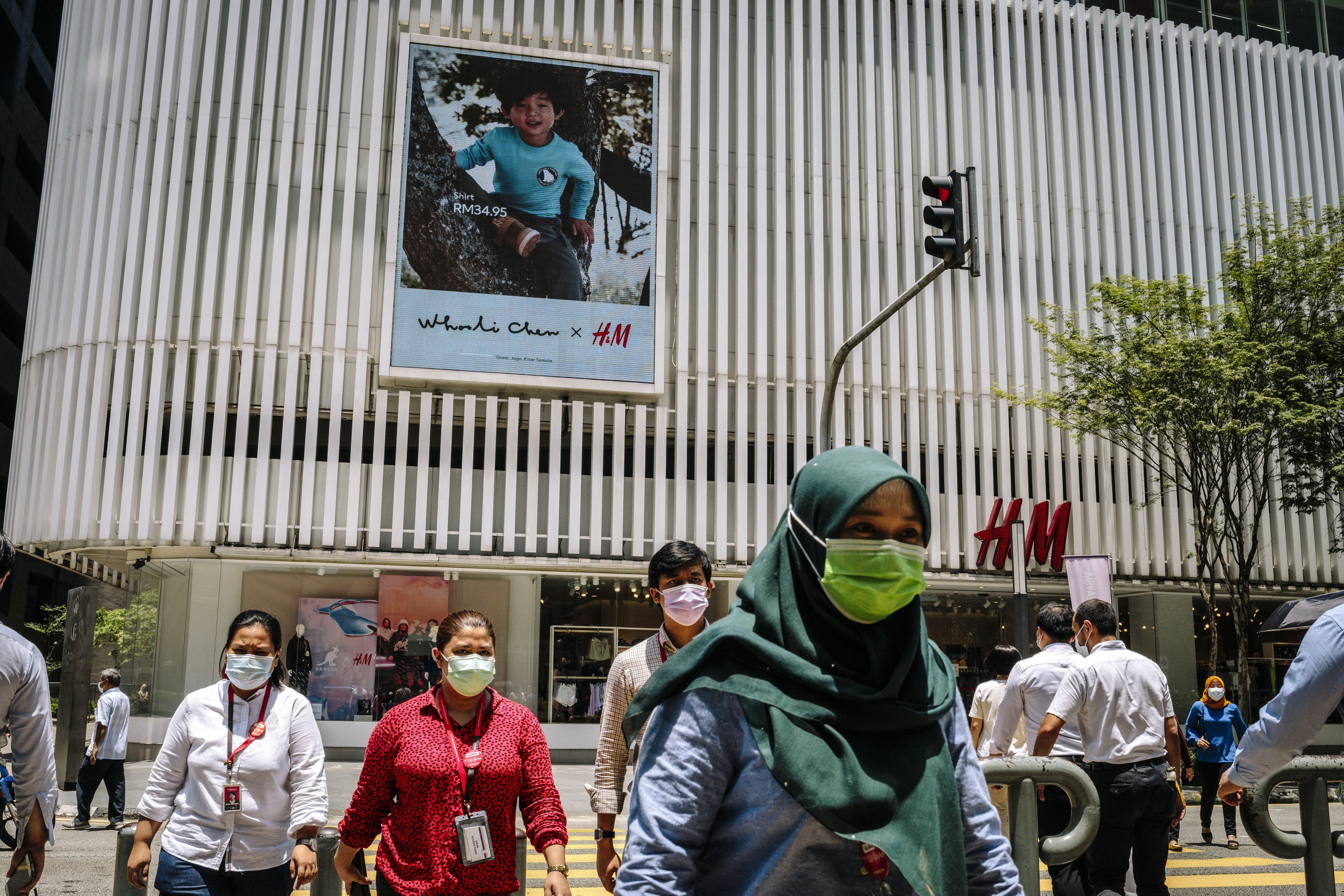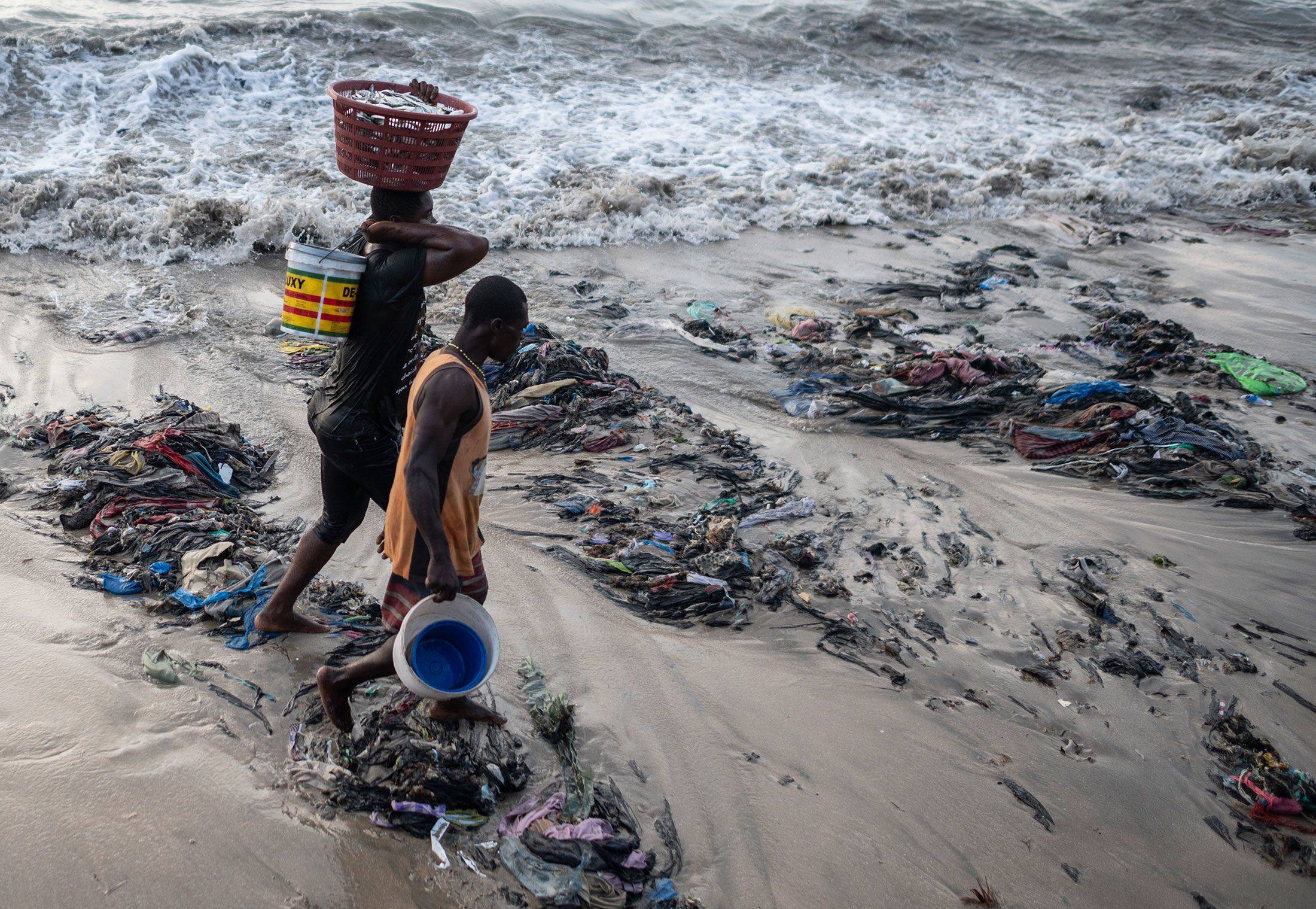Advertisement
Advertisement
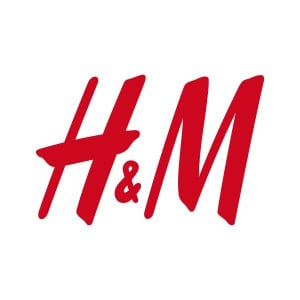
TOPIC
/ company
H&M

H&M
Hennes & Mauritz (H&M) is a Swedish clothing retailer, with outlets in 43 countries. It is ranked the second largest global clothing retailer, just behind Spain’s Inditex, the parent of ZARA, according to Wikipedia.
Chairman / President
Karl-Johan Persson
CEO / Managing Director
Daniel Ervér
CFO / Finance Director
Adam Karlsson
Industry
Fashion & Beauty
Website
hmgroup.com
Headquarters address
Stockholm, Mäster Samuelsgatan 46A, Sweden
Stock Code
H&M B
Year founded
1947
Advertisement
Advertisement
Advertisement
Advertisement
Advertisement
Advertisement
Help preserve 120 years of quality journalism.
SUPPORT NOWAdvertisement
Advertisement
Advertisement
Advertisement
Advertisement
Advertisement
Advertisement
Advertisement
Advertisement
Advertisement
Advertisement
Advertisement
